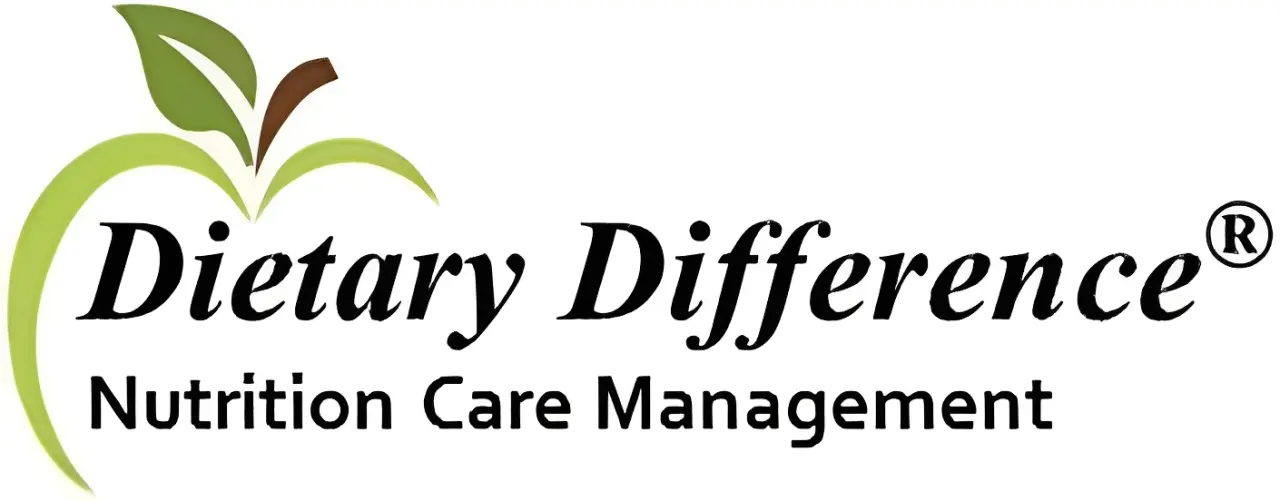
Enhancing Long-Term Care With Expert Nutrition Management
Long-term care facilities are responsible for providing ongoing support to individuals who are unable to live independently due to physical, mental, or emotional challenges. One of the most significant aspects of long-term care is the health and nutrition of the residents. The role of expert nutrition management in such settings cannot be overstated, as it directly impacts the quality of life, overall health outcomes, and satisfaction of the residents.
In this blog, we’ll explore how expert nutrition management, provided by Registered Dietitian Consultants (RDCs), can enhance long-term care, improve residents’ health outcomes, and help facilities maintain high standards of care.
The Critical Role of Nutrition in Long-Term Care
Nutrition plays a central role in maintaining the health and well-being of individuals in long-term care settings. Proper nutrition helps manage chronic conditions like diabetes, heart disease, and hypertension while also promoting healing, improving immune function, and enhancing overall quality of life. Inadequate nutrition, on the other hand, can lead to malnutrition, unintended weight loss, weakened immune systems, and a host of other health issues, which are especially concerning in elderly populations.
For residents with specific medical needs, nutrition management becomes even more critical. For example, older adults often experience difficulty swallowing, which requires the careful management of food textures and supplements to prevent choking and ensure that nutrients are properly absorbed. Moreover, managing special diets for residents with food allergies, diabetes, or renal disease is essential to avoid complications.
Why Registered Dietitian Consultants Are Essential
Registered Dietitian Consultants (RDCs) are the cornerstone of effective nutrition management in long-term care facilities. These professionals are highly trained and licensed to provide personalized, evidence-based nutrition care plans. They assess each resident’s individual nutritional needs, taking into consideration their medical conditions, preferences, and any existing food-related restrictions.
Personalized Nutrition Care Plans
RDCs have the expertise to tailor nutrition care plans to meet the specific needs of each resident. Whether it’s managing a chronic condition, addressing dietary restrictions, or providing nutrition education, RDCs can create customized care plans that optimize the resident’s health and well-being.
Medical Nutrition Therapy (MNT)
RDCs are trained in medical nutrition therapy, which involves assessing a resident’s nutritional status, diagnosing any nutrition-related conditions, and implementing a care plan to address these issues. This includes managing diseases such as diabetes, obesity, and cardiovascular disease.
Collaboration for Comprehensive Care
RDCs work closely with other healthcare professionals, including physicians, nurses, and social workers, to ensure that the nutrition care plan aligns with the resident’s overall treatment plan. This collaborative approach ensures that the resident’s health is managed holistically.
Regulatory Compliance and Quality Standards
Long-term care facilities must adhere to specific guidelines and regulations related to nutrition. RDCs are familiar with these standards and ensure that the facility meets all state and federal requirements for dietary and nutrition services. This helps to reduce the risk of compliance violations and improves the facility’s survey results.
How Expert Nutrition Management Enhances Long-Term Care
Proper nutrition care management is essential for enhancing the quality of life in long-term care facilities. With expert nutrition management, facilities can effectively address the complex dietary needs of residents and improve their overall health outcomes. Here’s how expert nutrition care management makes a difference:
Health Improvement and Disease Management
Nutrition care management has a direct impact on the health of residents. By ensuring residents receive the right nutrients at the right time, expert dietitians can help prevent malnutrition, unintended weight loss, and other nutrition-related conditions. A tailored diet plan that meets the unique needs of each resident can help manage chronic diseases such as hypertension, diabetes, and renal disease, reducing hospital readmission rates and improving overall health.
Preventing Weight Loss and Malnutrition
Unintended weight loss and malnutrition are common problems in long-term care settings. Expert nutrition management helps prevent these issues by monitoring residents’ weight and adjusting their diet accordingly. Registered Dietitian Consultants track weight changes and identify early signs of malnutrition, taking corrective actions such as adding supplements or changing the food textures to meet the resident’s needs.
Enhancing Resident Satisfaction
When residents are provided with meals that cater to their nutritional needs and preferences, their overall satisfaction with the facility improves. Expert nutrition management not only ensures that residents are receiving adequate nutrition but also that meals are appetizing, varied, and aligned with their cultural preferences. A positive dining experience can contribute to a resident’s mental and emotional well-being, leading to higher satisfaction levels.
Boosting Clinical Outcomes and Recovery
Nutrition plays a significant role in the healing process. For residents recovering from surgery or illness, the right nutrition can accelerate recovery and improve clinical outcomes. RDCs work with the healthcare team to adjust nutrition care plans based on the resident’s specific medical conditions and recovery goals, which contributes to better outcomes in terms of mobility, strength, and overall recovery.
Key Components of Effective Nutrition Management in Prolonged Care
To truly enhance long-term care with expert nutrition management, a few key elements must be in place:
1. Personalized Nutrition Plans
Every resident in long-term care has unique needs. From allergies and food preferences to chronic conditions, it’s important that the nutrition plan is tailored to each individual. RDCs take a detailed history of each resident’s health status and dietary requirements, developing a comprehensive nutrition care plan that addresses their specific needs.
2. Thorough Nutritional Assessments
Before implementing any nutrition plan, RDCs perform thorough assessments to evaluate the resident’s nutritional status. This involves taking into account factors such as weight, medical conditions, and lab results. With this information, they can make informed decisions about the best approach to nutrition management.
3. Continuous Monitoring and Adjustments
Nutrition management doesn’t stop once a plan is in place. It requires ongoing monitoring and periodic adjustments based on changes in the resident’s health or preferences. RDCs continuously track progress, making adjustments to ensure the diet plan is working effectively and delivering the desired results.
4. Staff Training and Education
Expert nutrition management also includes training the facility’s staff on how to implement the care plan. RDCs often provide training and educational resources to ensure that dietary staff and other healthcare providers are aware of the nutrition needs of each resident and understand how to implement the prescribed diet plans.
Why Expert Nutrition Management Matters in Long-Term Care
Investing in expert nutrition management isn’t just about meeting regulatory standards—it’s about making a lasting, positive impact on the residents’ lives. With expert guidance, long-term care facilities can:
- Address the complex and evolving nutrition needs of residents
- Improve overall health outcomes and reduce hospitalizations
- Create a satisfying dining experience that improves resident morale
- Ensure compliance with nutritional regulations and standards
- Enhance the effectiveness of clinical care through nutrition-based interventions
Ready to Enhance Your Facility’s Nutrition Care?
If you want to improve the health and well-being of your residents while ensuring regulatory compliance and high-quality care, expert nutrition management is the key. Reach out to our team today to learn how we can help your facility create personalized nutrition plans that make a difference.
